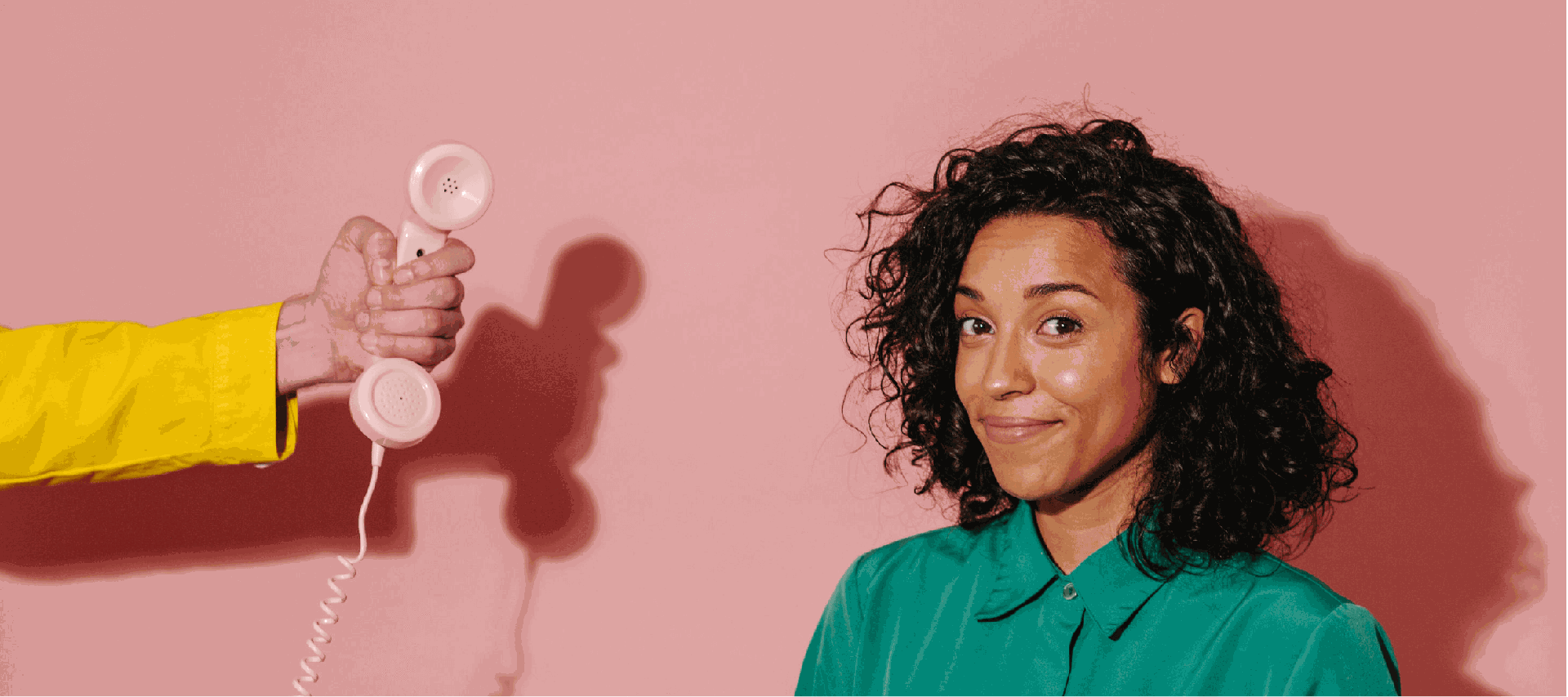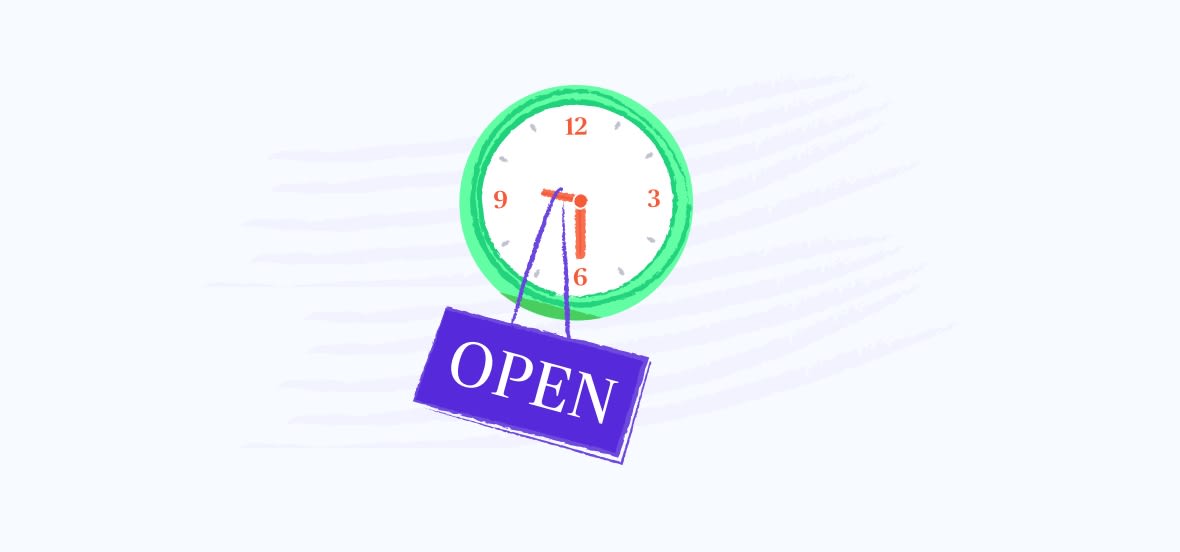All Categories
Featured
Table of Contents
- – What Is The Best Virtual Receptionist Perth - L...
- – What Is The Best What Is An Answering Service?...
- – What Is The Best A Guide To Using Automated An...
- – Who Is The Best How Outsourced Phone Answerin...
- – Who Has The Best The Ultimate Guide To Teleph...
- – Best Answering Service Jobs In All Australia...
What Is The Best Virtual Receptionist Perth - Local Phone Answering Service To Buy Now
This gadget and its successors were developed by Sava Jacobson, an electrical engineer with a personal consulting business. While early answering machines utilized magnetic tape innovation, many modern-day equipment utilizes strong state memory storage; some devices use a combination of both, with a solid-state circuit for the outgoing message and a cassette for the incoming messages.
"toll saving" below) (business answering service). This works if the owner is evaluating calls and does not wish to speak to all callers. In any case after going, the calling party must be notified about the call having been answered (in the majority of cases this starts the charging), either by some remark of the operator, or by some welcoming message of the little, or addressed to non-human callers (e.
This holds particularly for the TADs with digitally stored welcoming messages or for earlier devices (before the increase of microcassettes) with an unique unlimited loop tape, different from a 2nd cassette, devoted to recording. There have been answer-only gadgets with no recording abilities, where the welcoming message needed to notify callers of a state of current unattainability, or e (answer phone service).
What Is The Best What Is An Answering Service? - Ruby Blog Right Now

about accessibility hours. In recording Little bits the greeting generally consists of an invite to leave a message "after the beep". A voice mail that utilizes a microcassette to record messages On a dual-cassette answerphone, there is an outgoing cassette, which after the specified number of rings plays a pre-recorded message to the caller.

Single-cassette answering makers include the outgoing message at the beginning of the tape and inbound messages on the remaining area. They first play the statement, then fast-forward to the next readily available area for recording, then tape the caller's message. If there are numerous previous messages, fast-forwarding through them can cause a substantial hold-up.
This beep is often referred to in the welcoming message, asking for that the caller leave a message "after the beep". TADs with digital storage for the recorded messages do disappoint this delay, obviously. A little bit might use a push-button control center, where the answerphone owner can sound the house number and, by entering a code on the remote telephone's keypad, can listen to recorded messages, or erase them, even when away from home.
What Is The Best A Guide To Using Automated Answering Systems Program?

Therefore the maker increases the variety of rings after which it responds to the call (generally by two, resulting in four rings), if no unread messages are currently saved, but answers after the set variety of rings (typically two) if there are unread messages. This permits the owner to find out whether there are messages waiting; if there are none, the owner can hang up the phone on the, e.
Some makers also enable themselves to be remotely activated, if they have actually been turned off, by calling and letting the phone ring a specific big number of times (typically 10-15). Some provider desert calls currently after a smaller number of rings, making remote activation impossible. In the early days of Little bits a special transmitter for DTMF tones (dual-tone multi-frequency signalling) was regionally needed for push-button control, considering that the formerly utilized pulse dialling is not apt to convey appropriate signalling along an active connection, and the dual-tone multi-frequency signalling was carried out step-by-step.
Any inbound call is not recognizable with respect to these homes in advance of going "off hook" by the terminal devices. So after going off hook the calls must be switched to suitable devices and just the voice-type is immediately available to a human, but perhaps, however should be routed to a TAD (e.
Who Is The Best How Outsourced Phone Answering Service Can Help Your ...
What if I informed you that you do not need to in fact get your gadget when addressing a customer call? Another person will. So practical, best? Responding to telephone call doesn't require someone to be on the other end of the line. Efficient automated phone systems can do the technique simply as effectively as a live agent and often even better.
An automatic answering service or interactive voice reaction system is a phone system that communicates with callers without a live person on the line - phone answering service. When business utilize this technology, customers can get the answer to a question about your organization simply by utilizing interactions established on a pre-programmed call circulation.
Although live operators upgrade the client service experience, numerous calls do not need human interaction. An easy recorded message or instructions on how a customer can retrieve a piece of info typically fixes a caller's instant requirement - virtual telephone answering. Automated answering services are a basic and effective way to direct incoming calls to the right person.
Who Has The Best The Ultimate Guide To Telephone Answering Services Service?
Notice that when you call a company, either for assistance or product questions, the very first thing you will hear is a pre-recorded voice greeting and a series of choices like press 1 for customer care, press 2 for questions, and so on. The pre-recorded choices branch out to other choices depending upon the customer's selection.
The phone tree system helps direct callers to the best person or department utilizing the keypad on a smart phone. In some instances, callers can utilize their voices. It deserves noting that auto-attendant options aren't restricted to the ten numbers on a phone's keypad. When the caller has actually selected their first option, you can create a multi-level auto-attendant that uses sub-menus to direct the caller to the right type of help.
The caller does not need to interact with an individual if the auto-attendant phone system can handle their issue. The automated service can path callers to a staff member if they reach a "dead end" and require assistance from a live representative. It is expensive to employ an operator or executive assistant.
Best Answering Service Jobs In All Australia Deals Near Me
Automated answering services, on the other hand, are significantly less pricey and offer significant cost savings at approximately $200-$420/month. Even if you do not have dedicated personnel to manage call routing and management, an automatic answering service improves efficiency by enabling your group to concentrate on their strengths so they can more efficiently invest their time on the phone.
A sales lead routed to customer care is a lost shot. If a customer who has item questions reaches the incorrect department or gets incomplete answers from well-meaning staff members who are less trained to manage a particular kind of concern, it can be a cause of frustration and dissatisfaction. An automatic answering system can minimize the variety of misrouted calls, thereby assisting your workers make much better use of their phone time while maximizing time in their calendar for other jobs.
With Automated Answering Systems, you can develop a tailored experience for both your staff and your callers. Make a recording of your primary greeting, and merely update it routinely to reflect what is going on in your organization. You can create as lots of departments or menu choices as you desire.
Table of Contents
- – What Is The Best Virtual Receptionist Perth - L...
- – What Is The Best What Is An Answering Service?...
- – What Is The Best A Guide To Using Automated An...
- – Who Is The Best How Outsourced Phone Answerin...
- – Who Has The Best The Ultimate Guide To Teleph...
- – Best Answering Service Jobs In All Australia...
Latest Posts
Dependable Call Management Service ( QLD)
Outstanding Live Answering Service Near Me – Northern Territory 0830
Superior Temporary Answering Service
More
Latest Posts
Dependable Call Management Service ( QLD)
Outstanding Live Answering Service Near Me – Northern Territory 0830
Superior Temporary Answering Service